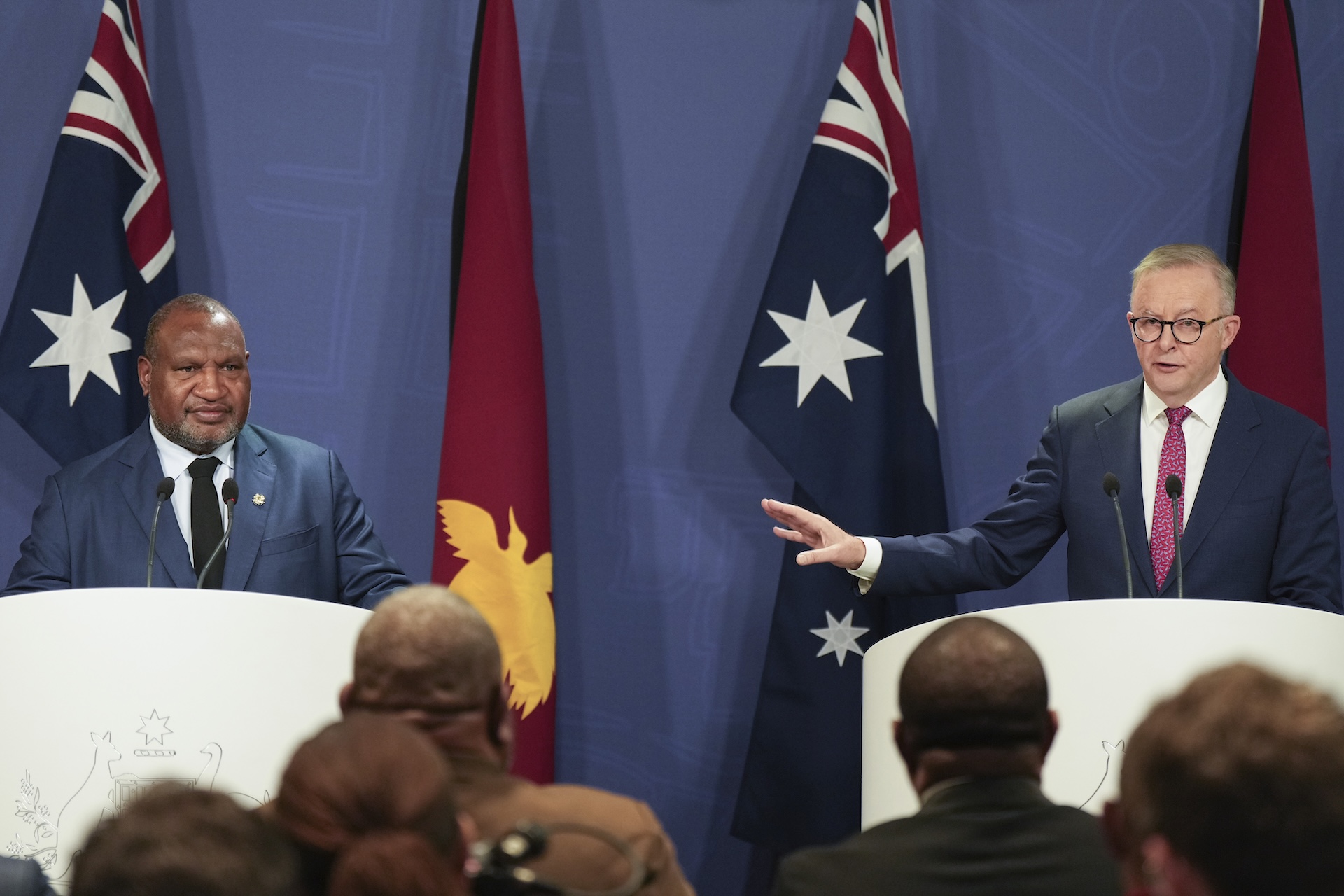Copyright worldpoliticsreview

Last month, Australia and Papua New Guinea—the largest of the Pacific Island nations both in size and population—inked an historic Defense Cooperation Agreement. Also known as the Pukpuk Treaty, after a local word for crocodile in Papua New Guinea, the deal is a remarkable achievement for both countries. However, given the two sides’ significantly different geostrategic objectives, implementation will be tricky, and China’s response may cause one or both signatories to get cold feet. These factors call into question the Pukpuk Treaty’s sustainability over the long run. From Australia’s perspective, the pact will provide additional means of collaboration with its former colony on security issues, primarily related to countering China’s growing presence and influence across Oceania. For example, in 2022, the Solomon Islands invited Chinese navy ships to make port calls and Chinese police to train local law enforcement. Australian Prime Minister Anthony Albanese responded at the time by discussing the matter with fellow leaders from the Quad, which includes the United States, India and Japan. “We want peace and stability in the region—that’s best achieved through proper diplomatic processes and making sure we build relations in the region,” Albanese said, noting that Canberra was concerned about Beijing “seeking to exert more influence in the Pacific.” Meanwhile, Papua New Guinea seeks to remain non-aligned amid the intensifying great power competition between the United States and its allies, including Australia, on one hand and China on the other. It would prefer to benefit from the competition by acquiring military equipment and expertise from both sides, with the ultimate aim of modernizing and professionalizing its own military, primarily for humanitarian assistance and disaster relief operations—sorely needed capabilities in a part of the world that is frequently ravaged by natural disasters. The Pukpuk Treaty was “not conceived out of geopolitics or any other reason,” Papua New Guinea’s prime minister, James Marape, stated at the signing ceremony. “The reality is that our Defense Force needs enhanced capacity to defend our sovereign territorial integrity. This Treaty will help us build that capacity.”



